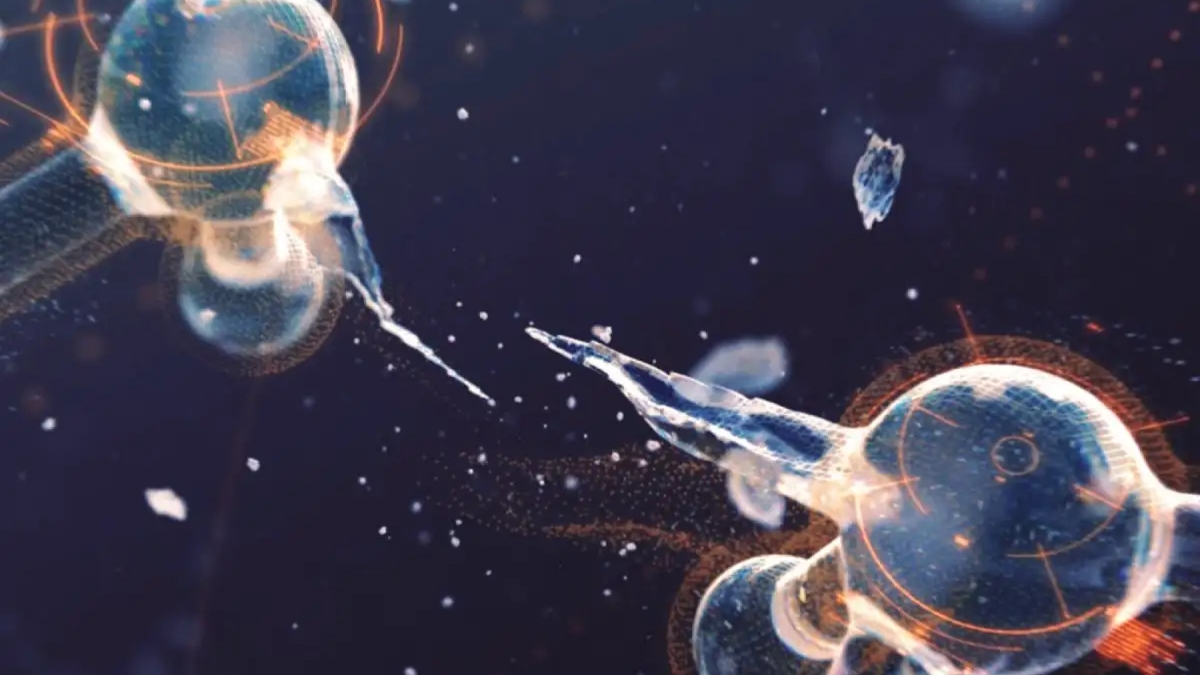Rice University Team Develop a Quantum System for a Better Understanding of Electron Transfer

Rice University researchers have made a breakthrough in quantum simulation by using a trapped-ion quantum simulator to model molecular electron transfer, SpaceDaily reports. This is an important step forward in understanding electron transfer, which plays a key role in processes like photosynthesis and cellular respiration.
These processes are crucial in both biology and chemistry, but their quantum mechanics have been tough to study with traditional methods, as per the original study.
The researchers developed a quantum system that could control factors like energy gaps, vibronic couplings, and environmental dissipation. Using ion crystals in a vacuum, controlled by laser light, they were able to simulate real-time spin dynamics and examine transfer rates under various conditions.
This approach allows them to study both adiabatic and nonadiabatic electron transfer regimes, shedding light on light-harvesting systems and molecular devices.
‘This is the first time we have simulated such a model on a physical device and included the environment’s role in a controlled way,’ said Guido Pagano, an assistant professor at Rice University.
The team’s model replicated a standard electron transfer model, which not only confirmed some quantum theories but also revealed the best conditions for electron transfer—similar to the processes in photosynthesis.
The results could have big implications for renewable energy, molecular electronics, and quantum computing materials. Jose N. Onuchic believes the findings are a step toward better understanding how quantum effects affect energy transport in biological systems like photosynthetic complexes.
Peter G. Wolynes added that the study bridges theoretical predictions with experimental results, providing a framework for exploring quantum processes in complex systems. The team plans to extend their work to study more complex systems, such as photosynthesis and DNA charge transport.
They also hope to investigate quantum coherence and energy transfer using their quantum platform. Han Pu, co-lead author and professor at Rice, stated, ‘We’re just getting started. We’re excited about exploring how this technology can uncover the quantum mysteries of life.’
Have something to add? Let us know in the comments below!
